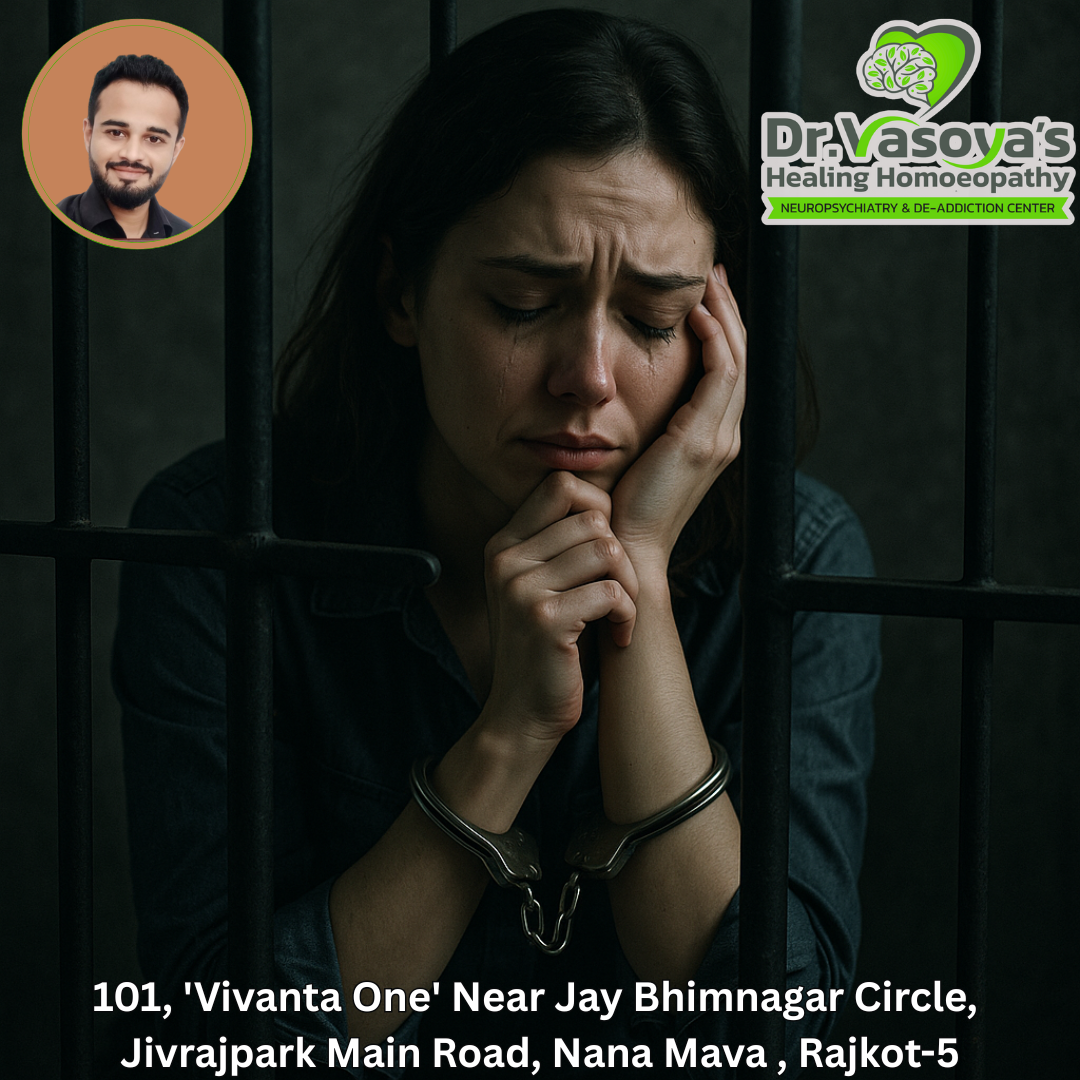
✍️ Written by Dr. Vivek G. Vasoya, MD (Homeopathic Psychiatrist & Psychotherapist)
In the field of psychology, it is widely acknowledged that our thoughts significantly influence our emotions, behaviors, and overall mental well-being. One particularly compelling idea that aligns with cognitive-behavioral principles is the Law of Dominant Thought, a concept popularized by Jeff Keller in his influential book Attitude is Everything.
Keller asserts, "You will become what you think about most. Your success or failure in life is largely determined by the dominant thoughts that occupy your mind." This notion is not merely motivational rhetoric — it has deep psychological relevance.
Understanding Dominant Thought
Dominant thoughts are the mental patterns we revisit most frequently. Whether consciously or unconsciously, these thoughts direct our focus, influence our decisions, and shape our identity over time. According to Keller, it's not enough to think positively once in a while. Sporadic moments of optimism cannot counteract hours of self-doubt, negativity, or fear.
This principle resonates strongly with what we understand in cognitive psychology: our core beliefs — often formed through repeated thought and reinforcement — become filters through which we interpret the world. If one's dominant thought is "I’m not good enough," the brain begins to selectively notice situations that confirm that belief, reinforcing a negative self-image.
Why "A Little Positive Thinking" Doesn’t Work
As Keller humorously points out, trying to get results from a few minutes of positive thinking is like eating a healthy breakfast and bingeing on junk food all day, then expecting weight loss. Similarly, engaging in minor bursts of exercise once a week won’t make someone fit. The same logic applies to mental habits.
From a clinical perspective, this illustrates a key point: consistency is crucial in thought hygiene. Just like physical fitness requires regular effort, emotional and psychological fitness needs persistent mental discipline.
Building Positive Thought Habits
To benefit from the Law of Dominant Thought, individuals must:
Become aware of their recurring thoughts.
Interrupt negative patterns through techniques such as journaling, mindfulness, or cognitive reframing.
Deliberately cultivate empowering beliefs, even if they feel uncomfortable at first.
Reinforce positive mental habits daily until they become automatic.
Over time, these repeated patterns rewire the brain — a phenomenon known as neuroplasticity — allowing individuals to replace fear-based thinking with constructive, growth-oriented thought processes.
Practical Takeaway
Take a moment to honestly reflect:
What thoughts dominate your mind in the key areas of your life — health, career, relationships, self-worth? Are these thoughts helping you grow, or are they keeping you stuck?
If the latter, the shift begins with awareness — and then repetition. As Keller states, attitude truly is everything, but only when it becomes your dominant mindset.
References:
Keller, Jeff. Attitude is Everything: Change Your Attitude… Change Your Life!. International bestseller.




















Write a comment ...